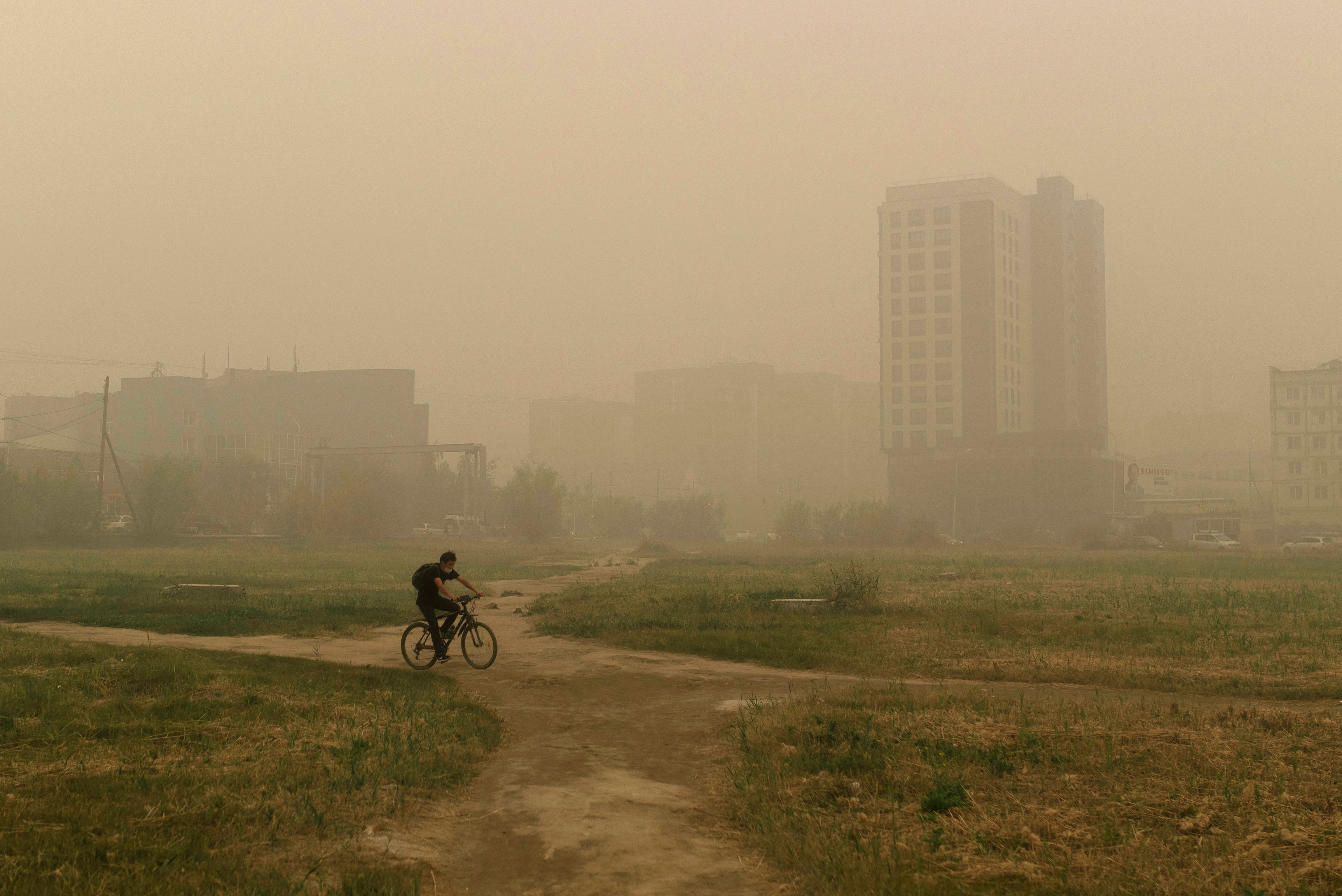UN weather agency affirms 2020 Arctic heat record in Siberia
The U.N. weather agency has certified a 38-degree Celsius (100.4 Fahrenheit) reading in the Russian town of Verkhoyansk last year as the highest temperature ever recorded in the Arctic

Your support helps us to tell the story
From reproductive rights to climate change to Big Tech, The Independent is on the ground when the story is developing. Whether it's investigating the financials of Elon Musk's pro-Trump PAC or producing our latest documentary, 'The A Word', which shines a light on the American women fighting for reproductive rights, we know how important it is to parse out the facts from the messaging.
At such a critical moment in US history, we need reporters on the ground. Your donation allows us to keep sending journalists to speak to both sides of the story.
The Independent is trusted by Americans across the entire political spectrum. And unlike many other quality news outlets, we choose not to lock Americans out of our reporting and analysis with paywalls. We believe quality journalism should be available to everyone, paid for by those who can afford it.
Your support makes all the difference.The U.N. weather agency said Tuesday it has certified a 38-degree Celsius (100.4 Fahrenheit) reading in the Russian town of Verkhoyansk last year as the highest temperature ever recorded in the Arctic the latest in a string of “alarm bells about our changing climate.”
The World Meteorological Organization said the temperature "more befitting the Mediterranean than the Arctic" was registered on June 20, 2020, during a heat wave that swept across Siberia and stretched north of the Arctic Circle
Average temperatures were up to 10 degrees Celsius more than usual in Arctic Siberia, playing a key role in forest fires, loss of sea ice and global temperature rises that made 2020 one of the three hottest years on record.
“This new Arctic record is one of a series of observations reported to the WMO Archive of Weather and Climate Extremes that sound the alarm bells about our changing climate," said WMO Secretary-General Petteri Taalas in a statement.
Verkhoyansk is about 115 kilometers (70 miles) north of the Arctic Circle and a meteorological station there has been observing temperatures since 1885, WMO said.
Spokeswoman Clare Nullis said the record reading was the first of its kind in a new category of Arctic temperature monitoring, so there was no previous record to compare it with. But 38 degrees has never been seen before in the Arctic, she said.
WMO is looking into a number of possible heat records, including 54.4 Celsius (129.9 Fahrenheit) recorded both this year and last in Death Valley, California, which could be a worldwide record high temperature reading, and 48.8 Celsius (119.8 Fahrenheit) on Italy's southern island of Sicily this summer — which could be the hottest temperature ever recorded in Europe
Taalas said WMO has never had so many investigations of possible heat records going at the same time, and they take time to verify. The agency says the Arctic is among the fastest-warming regions of the world and is heating up at rates twice those of the global average.